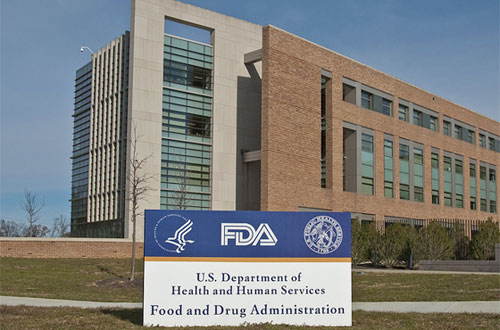
PTC Therapeutics’ hopes of speedy US approval for its Duchenne muscular dystrophy (DMD) therapy Translarna have been dashed after the FDA refused to accept its marketing application.
Shares in PTC went into freefall after the US regulator informed the company that its dossier for Translarna (ataluren) “was not sufficiently complete to permit a substantive review”.
The decision comes after PTC filed a ‘rolling’ marketing application for Translarna in the US based on the results of the ACT DMD placebo-controlled trial.
The drug is already on the market in a number of markets outside the US, including some EU countries and is in use as a reimbursed therapy in more than 150 patients. It brought in a little under $10m in sales in the third-quarter of 2015.
DMD is an inherited muscle-wasting disease that affects one in every 3,500 newborn males. It is caused by mutations in the gene coding for dystrophin, a protein essential for the correct functioning of muscle.
Translarna is intended to treat DMD caused by nonsense mutations in the dystrophin gene and works via a slightly different mechanism to other DMD therapies coming through the pipeline, including BioMarin’s exon-skipping therapy Kyndrisa (drisapersen; originally developed by Prosensa) which was rejected by the FDA with a request for more data.
Another exon-skipping candidate, Sarepta’s eteplirsen, is heading for a (postponed) FDA advisory committee review but documents published by the agency ahead of the meeting suggest a positive outcome is by no means assured.
The FDA’s response to the three applications suggests that while there is clearly a massive unmet need in DMD, with no drugs available in the US to treat the underlying pathology of the disease, the agency is maintaining a rigorous efficacy standard.
PTC has remained guarded about the FDA’s reasons for rejecting its application, and says it will provide more information along with its fourth-quarter results statement early next week. Analysts have suggested the likely reason is that the FDA would like a second, confirmatory trial; although it could also be that the current dataset was formatted inadequately and needs to be revamped.
Spooked by the rejection, which came despite assurances from PTC that the application process was on track and communication channels with the FDA were good, investors voted with their feet and PTC shares lost more than half of their value on the day of the announcement.
Daiichi Sankyo starts trials of exon-skipping therapy
Meanwhile, Japanese drugmaker Daiichi Sankyo said this week that it has started clinical trials of its own exon-skipping therapy, called DS-5141b.
The antisense drug induces exon skipping of a dystrophin messenger RNA at position 45 to generate a truncated but functional form of dystrophin. Daiichi Sankyo says it hopes to bring the drug to market by 2020.




